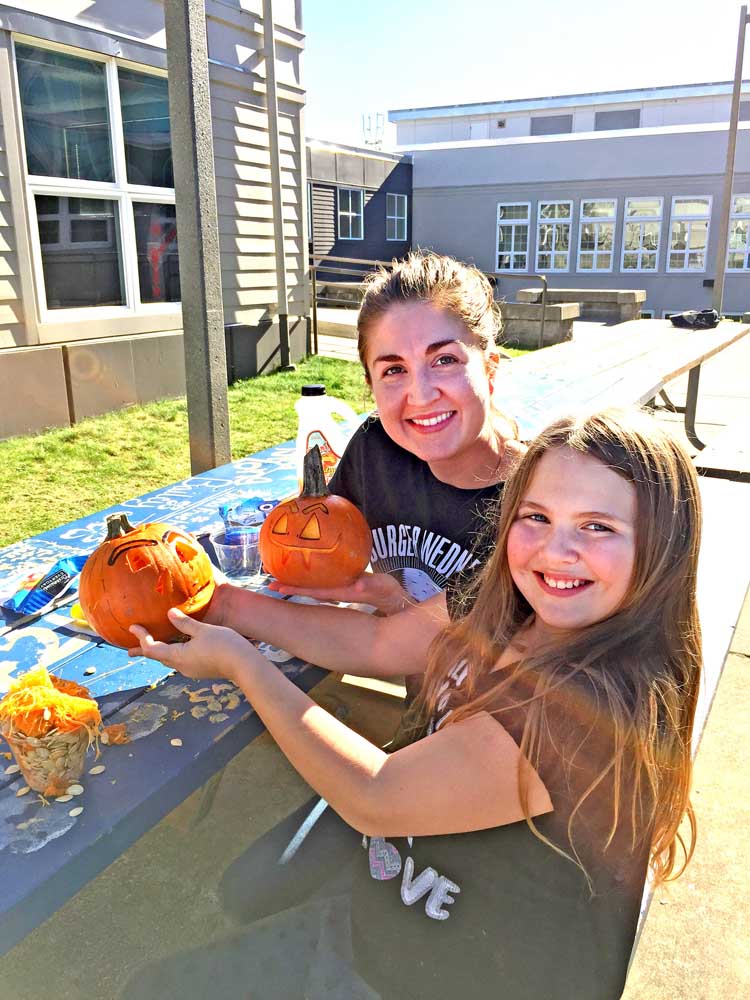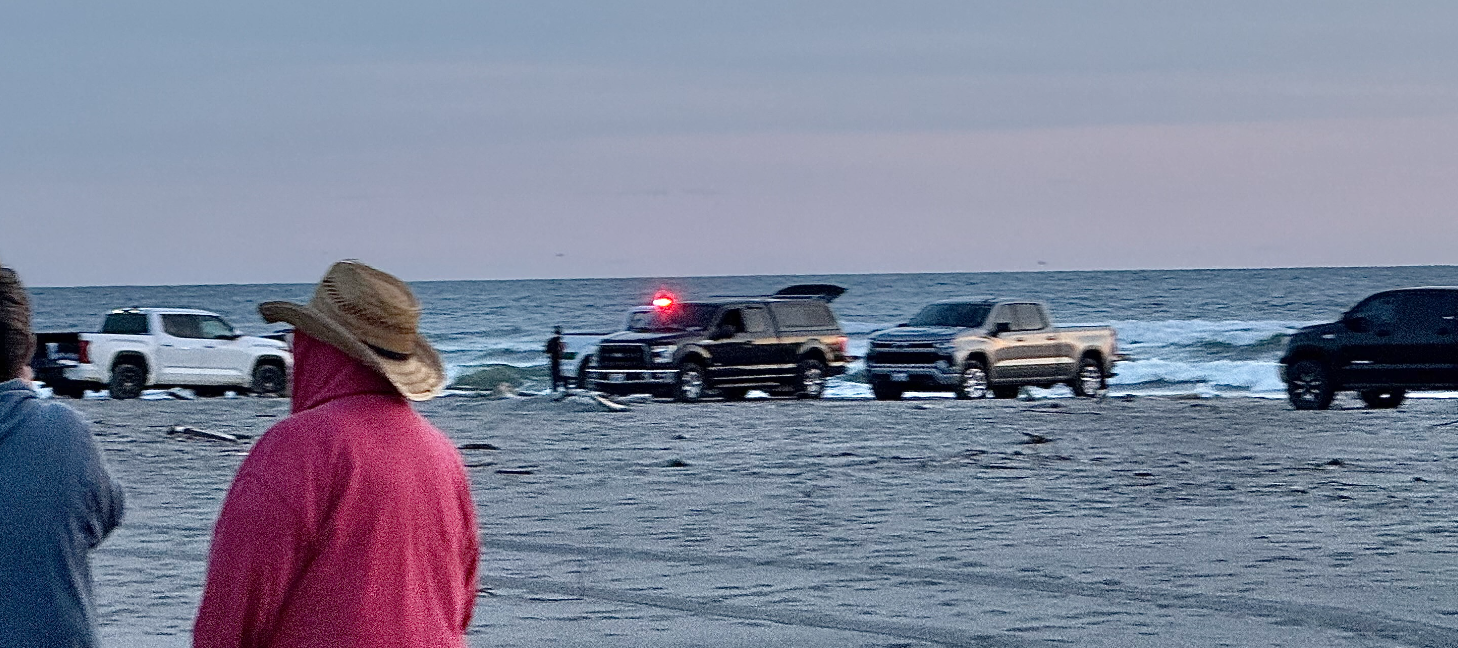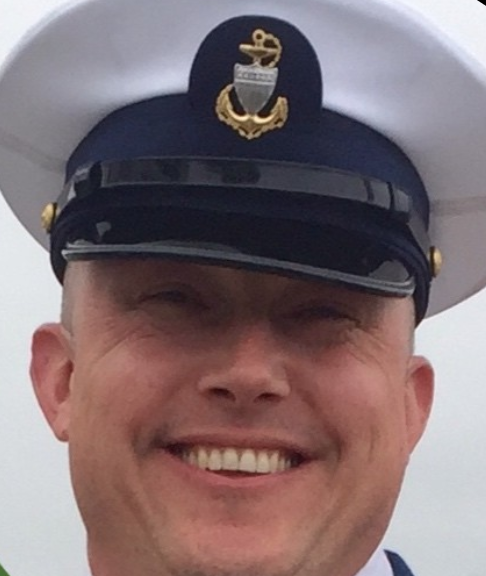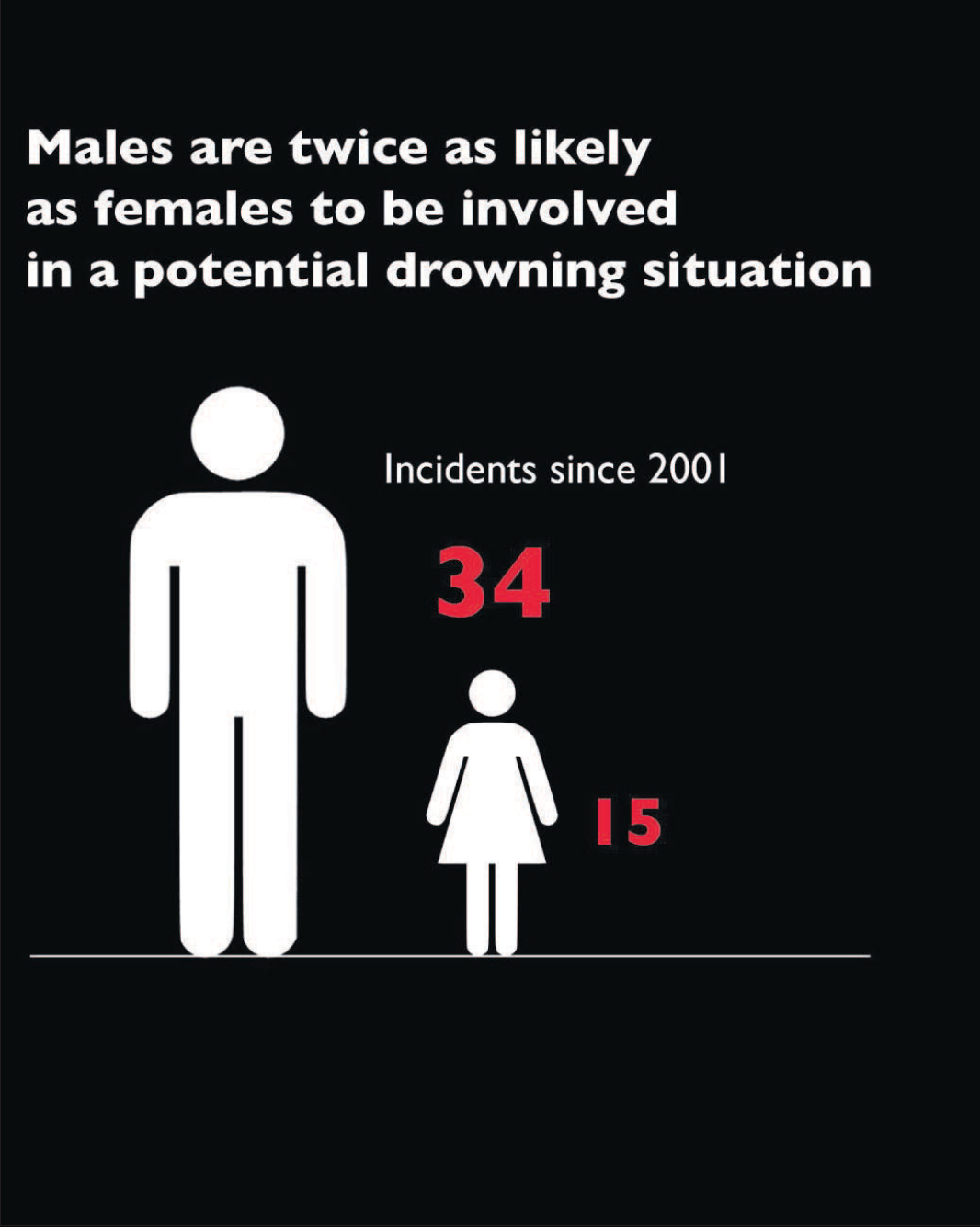Coast Chronicles: Big Brothers and Big Sisters make a big difference
Published 12:07 pm Tuesday, January 30, 2018

- The Big Brothers and Big Sisters match of Alex and Mya, after carving pumpkins together last October.
Kids aren’t faring too well in these United States in recent months. The Children’s Health Care Program (CHIPS) is being used as a political bargaining chip. After our current president took office, CHIPS became a football thrown around then left floating in the air for several months before it was finally, if only temporarily, funded through March 2018.
So too is the policy called Deferred Action for Childhood Arrivals — DACA — meant to allow minor children brought into the United States by their immigrant parents to remain in our country. DACA is till in danger despite the fact that nine in 10 U.S. citizens want these young people, called “Dreamers,” to receive legal status.
At least the Republicans left in place the Obamacare provision that allows dependent children to stay on their parents’ healthcare insurance policies through December 31 of the year they turn 26.
On issues of food, there are still 13 million children, living in 3.1 million households, who are worried about getting enough to eat. This is happening in what we like to think of as “the richest country in the world.”
And the ghastly story about David and Louise Turpin keeping their 13 kids chained to beds, unable to wash themselves, go to the bathroom, or eat properly is a horror tale of unimaginable proportions. A culture that can’t keep its children safe is sick indeed.
Fortunately, we on the Peninsula have many programs to keep our kids healthy, happy and enriched. The Boys and Girls Club in Long Beach gives kids a place to call their own, to get a hot meal or homework help, and have a little fun (www.longbeachbgc.com). Pacific County Fire District No. 1, Long Beach Elks Lodge and American Legion Post 48 have joined together to create Toys for Peninsula Kids (a replacement for the old Toys for Tots). Pacific County Youth Alliance provides school supplies and backpacks for low-income kids, as does our own Chinook Observer.
The Pacific County Resource Guide (tinyurl.com/yb4opnn9 ) co-sponsored by WellSpring, Peninsula Poverty Response, Teen Advocacy Coalition, Willapa Community Network and the Pacific County Health Department, lists in one place a vast variety of support activities, tangible goods, housing, transportation, safety and educational resources for kids and their families. (This resource guide, published annually, will be updated in the next couple months.) I’d say for a small community with fairly limited resources, we’re doing pretty well taking care of our own.
Another stellar program that adds to the rich mix of kid-friendly support is the Big Brothers Big Sisters (BBBS) of Southwest Washington, with programs running in both north and south counties. Last week I had the opportunity to speak to AmeriCorp worker Robyn Handley: she’s in charge of our BBBS program on the Long Beach Peninsula. As the national website says, (www.bbbs.org/about-us/) “Big Brothers Big Sisters makes meaningful, monitored matches between adult volunteers (“Bigs”) and children (“Littles”), ages 6 through 18, in communities across the country.” The “Bigs” could also be students 15 or older, which is what most of the matches are on the Peninsula. “Right now we have about 21 student matches,” says Robyn, “but we have another two or three almost finished.”
Robyn is here not only for the program and the kids but also for our geography. “I got my BA in education and environmental science at Smith College in Western Massachusetts and my MA in experiential education at Minnesota State University. My partner and I decided we wanted to move to Washington and I found the AmeriCorp opening in Long Beach.”
“I was a Big Sister in Minnesota,” Robyn continues, “so that organization is close to my heart. I still have a picture of my ‘Little’ sitting on my desk to remind me how much I love doing this work. And I love this community. I don’t miss the winters at all — my friends in Minnesota sent me pictures of all the huge snow storms. No thanks! I love being by the ocean. I love that I go places like the grocery store and have kids running at me all the time.”
This is a program that changed Robyn’s life and it works the same magic on the kids she serves. Just ask Michele Marek, one of the adult “Bigs” who recently moved to the Peninsula and, like Robyn, had a similar mentoring experience where she lived in Long Beach, California.
“In a program similar to Big Brothers Big Sisters called Operation JumpStart, I was matched with a 13-year-old girl,” Michele explains. “We were together for four years through her graduation from high school. Then she was the first in her family to graduate from college, just like me. Now she’s 28 and has a great job and we’re still in touch,” says Michele. “We’ve remained really good friends — in fact, she’s almost like family. I don’t have any sisters of my own, but I consider her a sister.”
Michele, who recently retired from her own a communications and marketing business, began looking for a place to move and, though she looked at several homes in Astoria, a charming 1915 house in Seaview caught her fancy. “It’s a great community and my house is only a couple blocks from the beach.” Now she’s remodeling her new home and having a wonderful time with her “Little,” a fifth grader.
“Younger kids don’t know about what you think they would and then there are other things you think they shouldn’t know about that they do,” she says. “They are like sponges. It’s great to be a part of a program that expands kids’ horizons. It’s a commitment of six to eight hours a month. Sometimes we just go to the grocery store together. I took my Little to the George Flavel House and she asked, ‘Why are all these door handles so fancy?’ and I said, ‘Well, they were rich.’ It’s all just basic — we talk about life, about how if you put money in the bank it grows, about nutrition, about what we like to cook and eat. It’s all very natural.”
The program takes great pains to screen and interview potential participants — whether they’re students from older grades or adults — before any match is made. Older males are never matched with younger girls. For high school students who are interested in participating, the program counts into the 20 community service hours required for graduation. The commitment is for one year, though that can be extended.
“Kids get taken on hikes, they get special workshops, and STEAM sessions. The Bigs benefit too. It looks great on their resumes and they love getting out of school for an hour to play with their Littles. They have a lot of fun,” says Robyn.
As Michele says, “It’s surprising effortless — just be yourself, that’s really all these kids want. Just someone not in their family who’s interested in sharing their life experiences.”
“Littles” must attend school in Ocean Beach or South Bend School Districts. “Bigs” must be at least 15 years old and commit to a year as a mentor. If you think you or one of your children might be interested in the program, give Robyn a call at 360-783-1091 or shoot her an email at robyn@swwagis.org.





